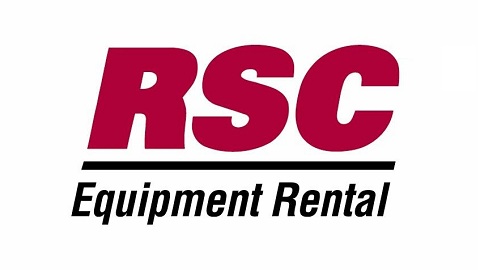RSC Sales Rep Argues that Activities Were “Protected” by Civil Rights Act
Post Views 15A man formerly employed by RSC Equipment Rental in Louisiana claimed that his termination was retaliation for complaints of racial discrimination. He filed suit, and the district court ruled in RSC’s favor. Appellate judges disagreed with some of the district court’s arguments – but enough to reverse the judgment?
The man, an African-American, worked as an Inside Sales Representative, processing orders for industrial equipment rentals. He was issued Performance Improvement Notices on three occasions in 2006. The company asserted that the man was fired on the basis of a policy which stipulates that termination is a possibility following three written warnings within a 12-month period. He maintained that it was retaliation for complaining of racial discrimination by co-workers and a supervisor. His lawsuit alleged a violation of Title VII of the Civil Rights Act.
In court, the man pointed to several instances of what he considered activities protected by Title VII. One was the employee having a disagreeable exchange with his supervisor and later being reprimanded. The supervisor threatened to report him to the general manager due to his “attitude” – presumably because the man had taken out a notepad after the exchange and reprimand. Another instance of alleged protected activity was the supervisor likely hearing the man sing lyrics from a gospel song.
The district and appeals courts both agreed that those two incidents had no racial basis and would not be protected by Title VII. Where the two courts differed in opinion is the remainder of the plaintiff’s examples of such activities. The man asserted that he had twice complained to his supervisor about racial discrimination – one that he was being treated less favorably than a white employee in an identical position, and the other that a white delivery driver was ill-mannered and uncooperative in dealing with the plaintiff. Federal judges likewise dismissed these instances as protected, while the appeals court acknowledged their validity.
In opposing the alleged racial discrimination, the man had suggested explicitly that he was treated differently due to his race. Appellate judges noted that, even if his comments to his supervisor were “sarcastic,” they were still indisputably claims of discrimination based on his race.
But even considering these incidents as protected activities, the appeals court concurred with the district court that the plaintiff had not shown a causal link between the complaints and his termination. His employment record clearly showed the reasons for his Performance Improvement Notices: an altercation with a client company, failing to verify availability of equipment prior to drawing up a contract, and failing to reserve rentals and consequently missing deliveries. His supervisor, after the note-taking incident, reported to the general manager, and the complaint made its way to an HR manager – all leading to his firing. The plaintiff had offered no evidence that this was not standard procedure for employment termination.
Finally, there was the question of temporal proximity, that the man was fired soon after engaging in a protected activity. The note-taking complaint was two days before his termination – but neither court considered that protected. The activities seen as protected by the courts occurred seven months prior to his job loss, which is too long a gap in time. As the plaintiff couldn’t prove retaliation, the district court’s judgment was upheld.
RSC Sales Rep Argues that Activities Were "Protected" by Civil Rights Act by Harrison Barnes



 6 Ways to Make Your Employees Happier
6 Ways to Make Your Employees Happier  Cutting Full-Time Employee Hours Can Get You Sued
Cutting Full-Time Employee Hours Can Get You Sued  10 Steps to Properly Fire an Employee
10 Steps to Properly Fire an Employee  The New Trend of Defamation Lawsuits
The New Trend of Defamation Lawsuits  Want to Be a Great Leader? Learn to Listen
Want to Be a Great Leader? Learn to Listen  How to Deal with Negative Employees
How to Deal with Negative Employees  Generation Y is Changing Corporate America
Generation Y is Changing Corporate America  Overwhelmed at Work? 7 Simple Strategies to Make Things Better
Overwhelmed at Work? 7 Simple Strategies to Make Things Better